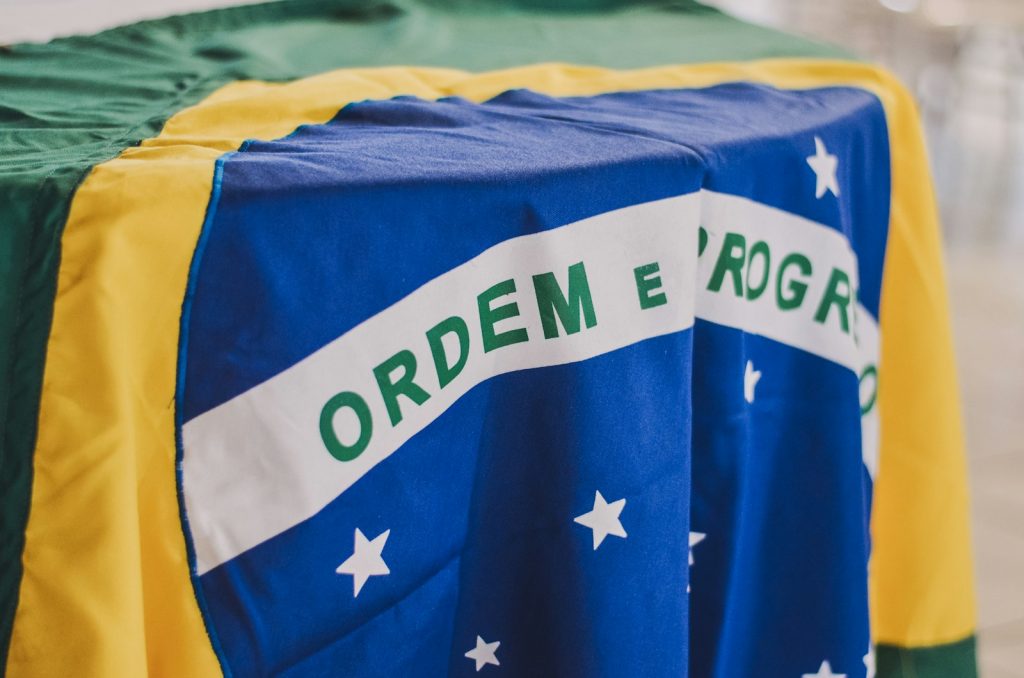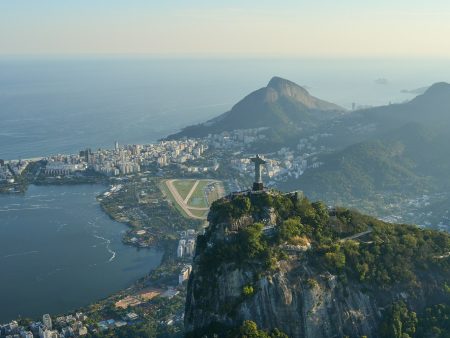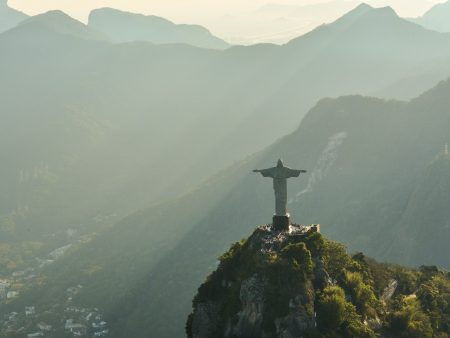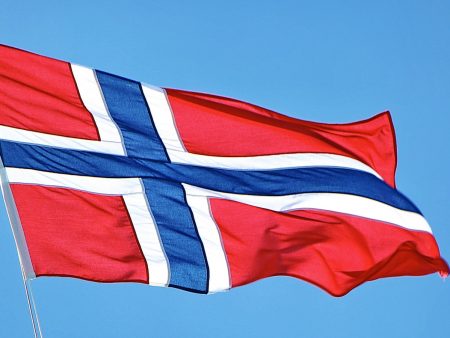Brazil’s gambling industry faces hurdles with impending ad restrictions, as Senate passes Bill 2,985/2023. Concerns arise over lack of data-based support for limitations.
Strategies for Brazil to Resist Impending Restrictions on Gambling Advertisements

The Brazilian gambling industry is facing a new set of challenges as the Senate approved Bill 2,985/2023 in May, paving the way for stricter gambling advertising restrictions. While the bill does not impose a blanket ban on gambling ads, it includes limitations such as prohibiting betting ads during live sporting broadcasts and restricting the use of celebrities, influencers, and athletes in marketing materials.
Legal experts, including Udo Seckelmann, have expressed concerns about the lack of data-based support for the proposed ad restrictions. Despite the bill making its way to the Chamber of Deputies for review, it may not come into effect until 2026.
The Secretariat of Prizes and Bets (SPA) had previously introduced regulations for licensed operators regarding advertising practices, emphasizing social responsibility and the promotion of responsible gambling. While some industry stakeholders believe the current regulations are sufficient for the nascent regulated market, others, like Betsul CEO Fernando Garita, advocate for clearer and more consistent guidelines.
Enforcement of existing regulations, especially concerning influencer advertising, is a key focus for stakeholders. The recent controversies surrounding influencer marketing of gambling products have underscored the need for stricter enforcement measures to combat illegal operators and protect consumers.
However, there are concerns that overregulation of gambling advertising could inadvertently empower the black market, as seen in other jurisdictions like Germany and Italy. Licensed operators argue that advertising plays a crucial role in distinguishing legal offerings from illegal ones and building trust with consumers.
Despite public perceptions of gambling improving in Brazil, fueled by a government-funded survey indicating growing support for legalizing land-based gambling, the industry continues to face challenges in navigating regulatory hurdles and dispelling misconceptions held by politicians.
The fragmented representation of the industry through multiple trade associations poses a further obstacle to effectively addressing the impending ad restrictions. As the industry grapples with these challenges, unity and strategic advocacy efforts will be crucial in shaping the future of Brazil’s gambling landscape.











